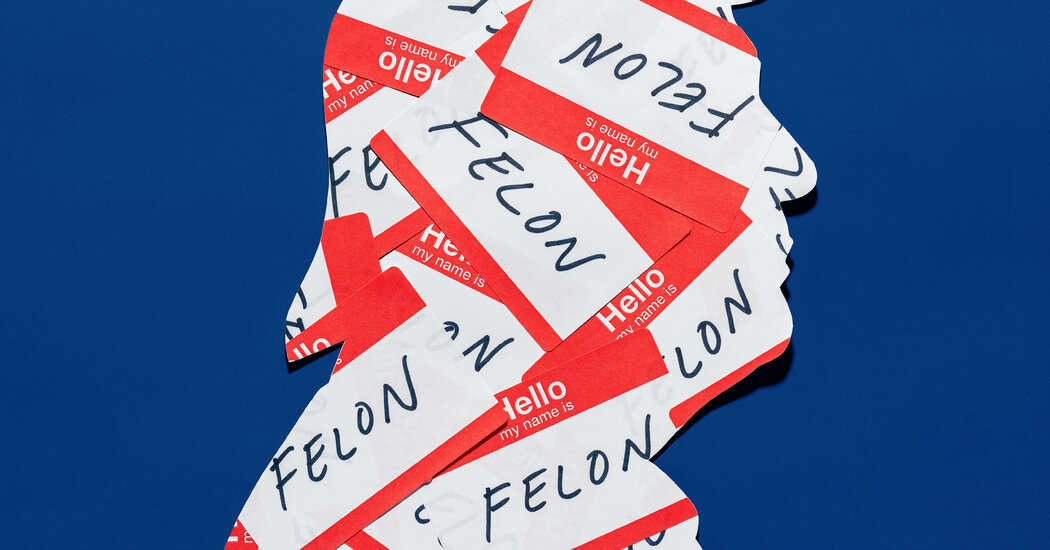A Mark of Shame for 900 Years. Until Now?

A felony, as Associate Justice Clarence Thomas once wrote in a 1994 Supreme Court opinion, is “as bad a word as you can give to man or thing.” When Donald J. Trump was found guilty of 34 felonies in May, by a jury in a Manhattan courtroom, the nation was confronted with a historical novelty: a felon who once held the highest office in the land. The question now is whether the label will actually tarnish Mr. Trump, as it has so many people over the centuries.
President Biden seems to be betting that it will. For weeks on the campaign trail, and more recently during the first presidential debate, he has called Mr. Trump a “convicted felon.” A Biden campaign ad called “Character Matters,” calls Mr. Trump “a convicted criminal, who’s only out for himself,” and says the felony convictions reveal “who he is.”
Felon is a word with 900 years of historical baggage, a remnant of the harsh punishments and routine discrimination that were the norm during the Middle Ages. But in a sense, its power derives from its elastic boundaries: Unlike specific crimes, which hinge on the defendant’s behavior, the felony category is defined only by its punishments.
“We don’t have a positive definition,” said Elise Wang, a historian who has traced the word’s origins back to medieval literature. “We only have a tautology.”
A felon, in other words, is simply anyone who has been found guilty of a felony, and a felony is any crime punishable by a year or more in prison — “the most serious crimes,” according to a Justice Department handbook.
Many felonies — like Mr. Trump’s and Hunter Biden’s as well — amount to lying on official paperwork. “This is one of the places where there’s a gap between the popular understanding of the term, and the law on the books,” said Alice Ristroph, a professor at Brooklyn Law School. “Ordinary understandings of ‘felony’ associate it with violent conduct, like murder. But in practice, almost anything that is criminal in any way can be charged as a felony.”